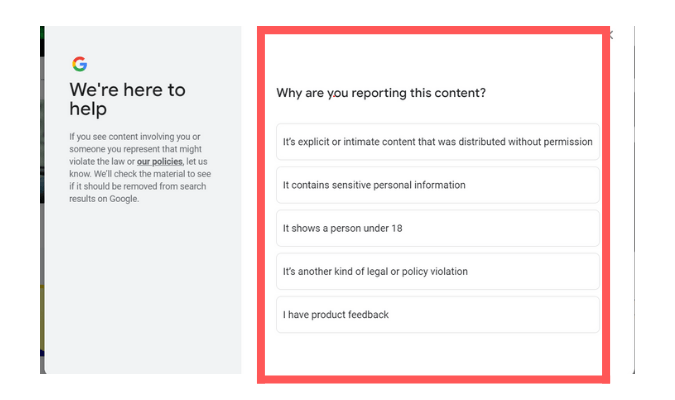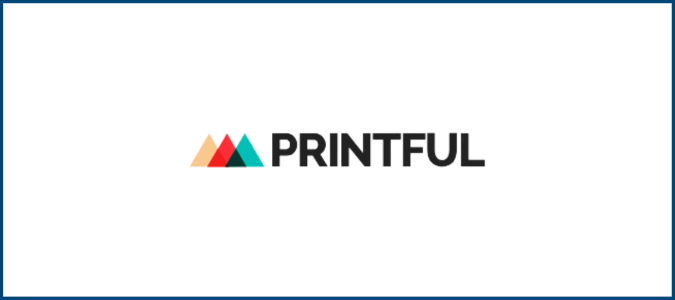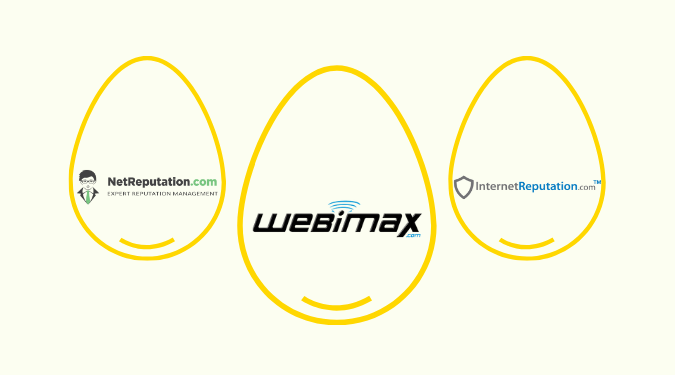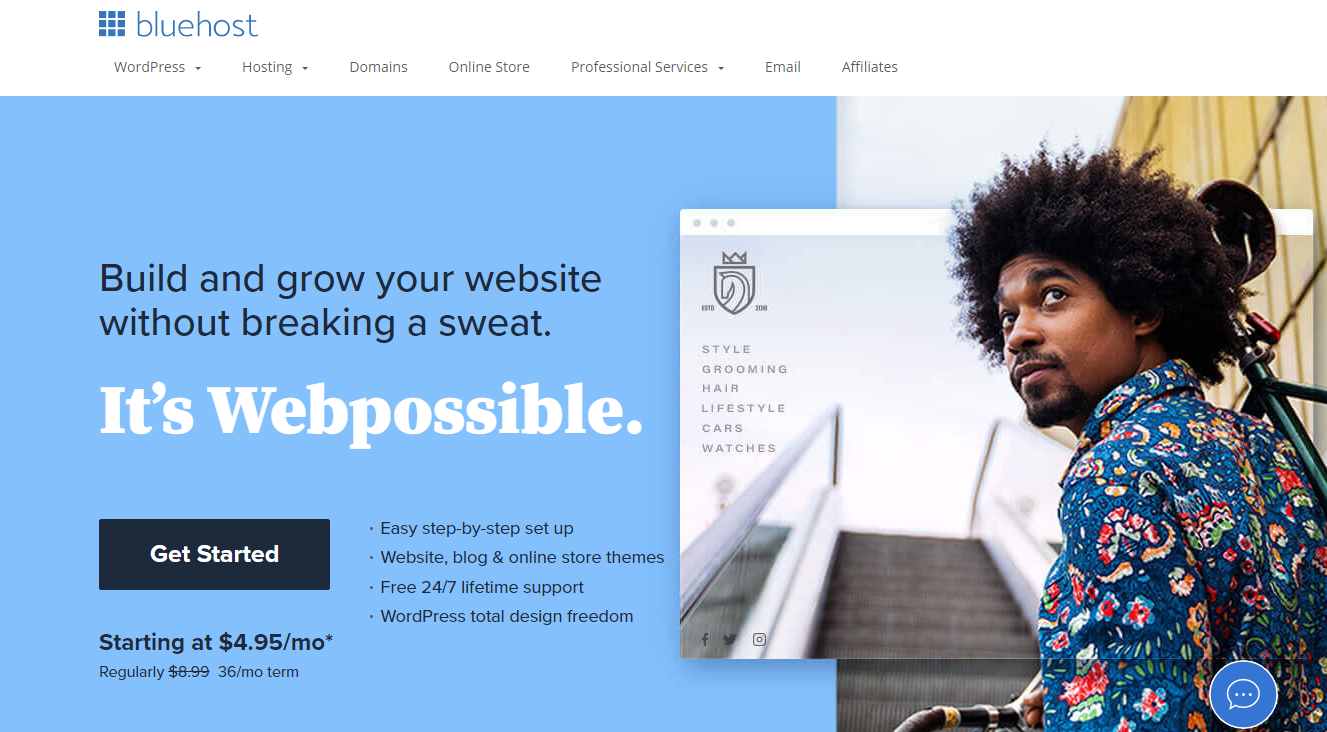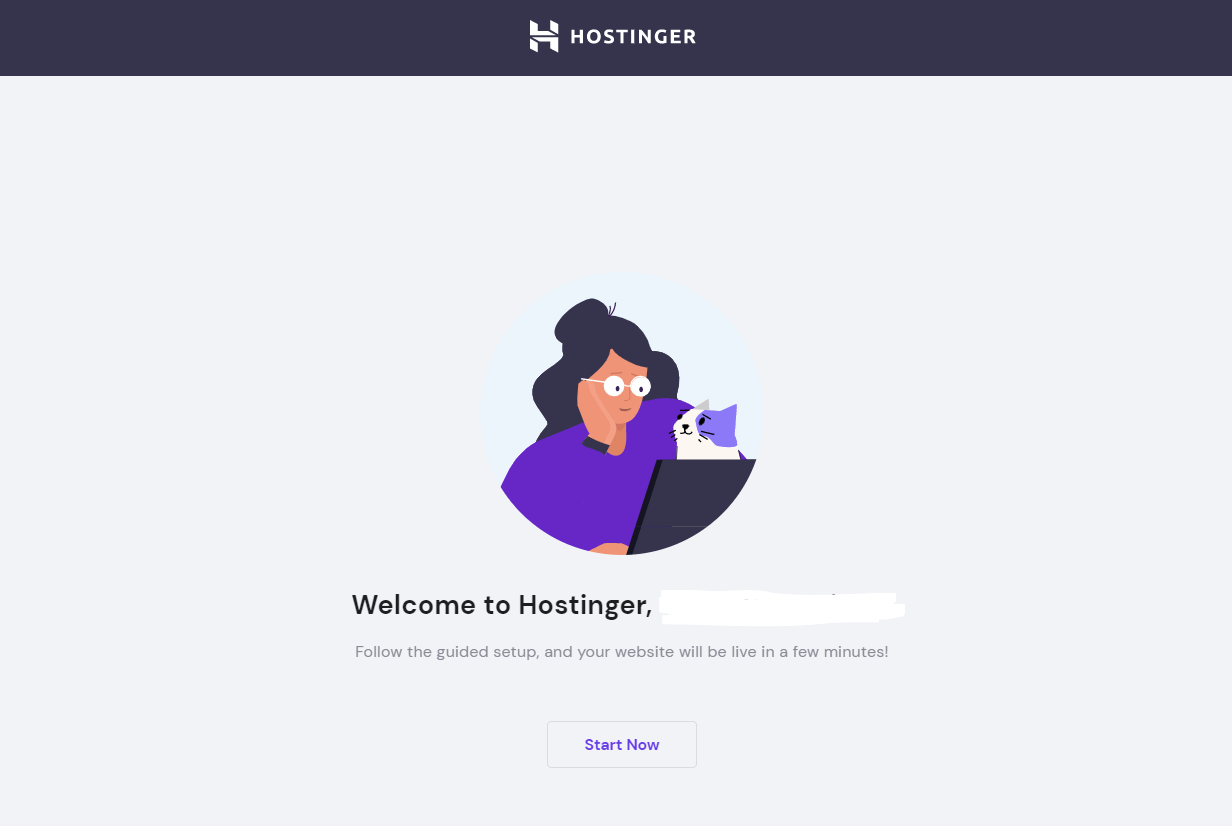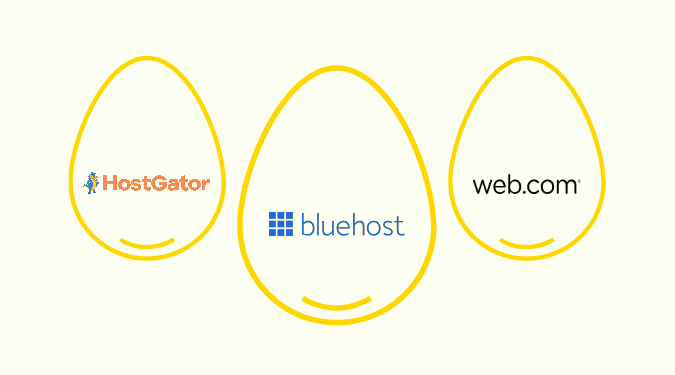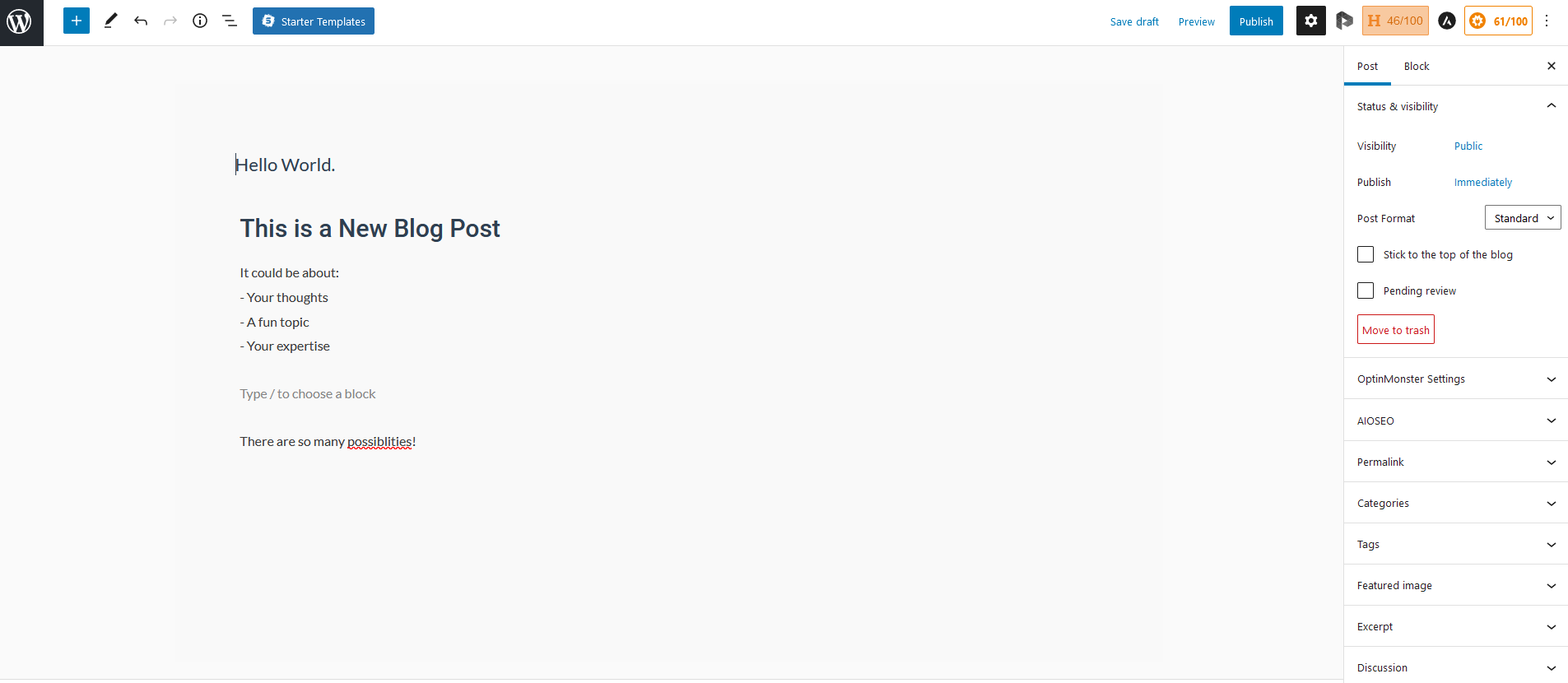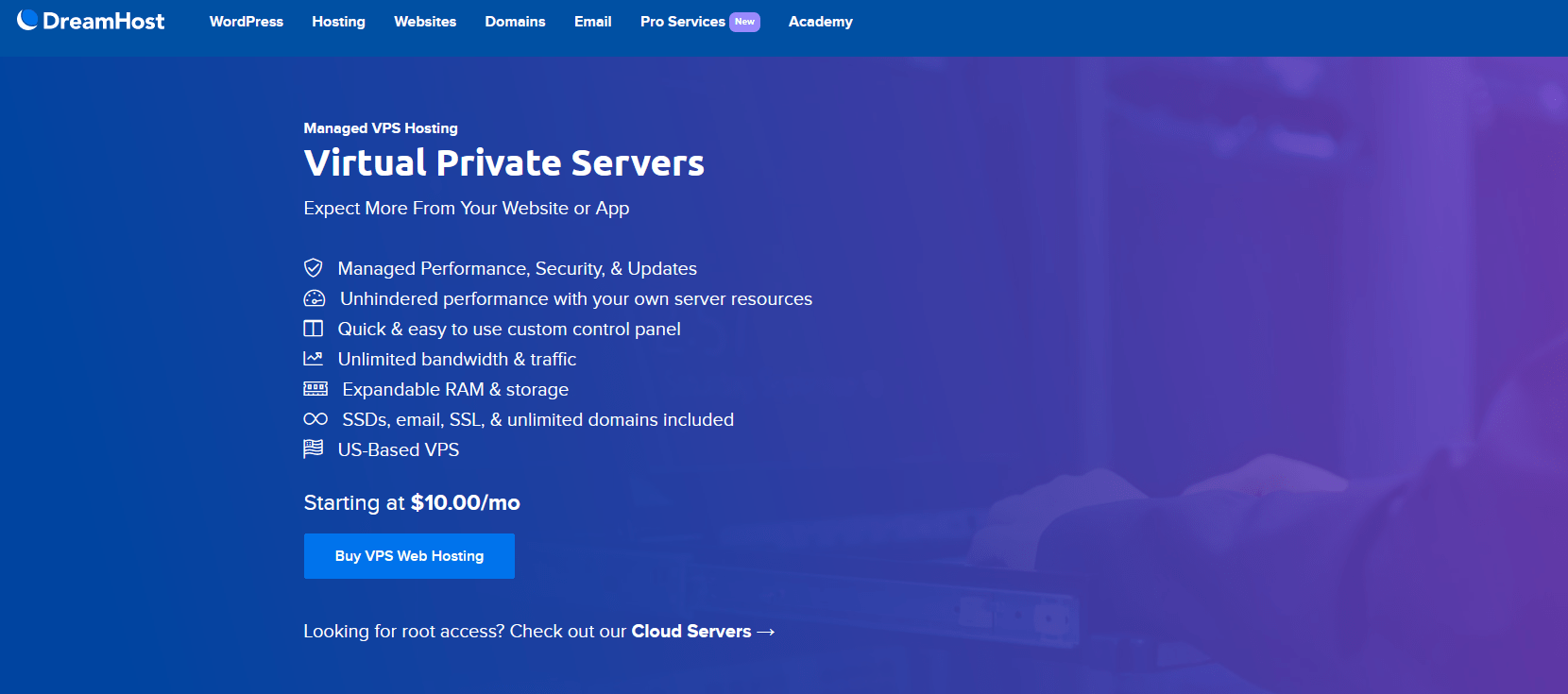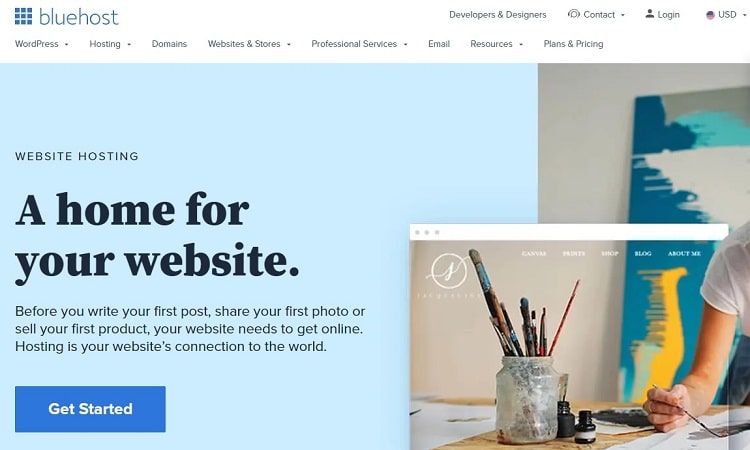If you’ve always wanted to run an ecommerce business but don’t feel like starting from scratch, consider buying an established one. It’s smart to focus this endeavor on a specific, reputable ecommerce platform, so we suggest narrowing that focus to buying an existing Shopify business. Just as there are always people selling homes, there are always some Shopify store owners open to selling their businesses.
But trying to do this on a whim isn’t a good idea. There are lots of factors and approaches to consider, and we can help. Whether you buy a storefront using a private business broker—like First Choice Business Brokers—or by using Shopify Exchange, we’ve got you covered.
Crazy Egg’s Favorite Tools for Buying a Shopify Store
If you choose to work with a business brokering service to buy a Shopify store, we suggest using one of our two Golden Eggs, the best brokers we’ve identified in our research.
First Choice Business Brokers excels at providing just about any service—from valuation to negotiations—as you prepare to buy a Shopify store. Set up an appointment with a broker to start the process.
Transworld Business Advisors will help you find the right store to buy, guiding you through each part of the buying process. Schedule a consultation with a Transworld advisor today.

More Top Business Broker Services
Would you rather buy a family-owned, brick-and-mortar business than a Shopify store? Or are you more interested in owning a franchise? You’ll find excellent resources on our list of the best business brokering services.
Step 1 – Getting Started with First Choice Business Brokers
So you’ve decided to buy a Shopify store. Congratulations!
The best way to proceed is through a broker that can apply their experience with buying and selling businesses to help you make a good investment. So, the first step is reaching out to a consultant with a quality broker like our top Golden Egg, First Choice Business Brokers. Just head to their website and set up an appointment.
While waiting for your scheduled consultation, start thinking about what type of Shopify site you want to take on.
Consider the following questions—and write your answers down on your favorite note-taking app. You’ll want to be ready to share these thoughts with your broker.
- What type of online store makes you feel excited and energized? Browse the Shopify websites for sale on First Choice Business Brokers or Exchange, Shopify’s marketplace for buying and selling shops. From apparel and fragrances to toys and furniture, there’s a variety of product lines to choose from.
- What store format can you work with? Shopify stores aren’t always just ecommerce retailers. Other options for selling to customers include dropshipping and print-on-demand. Which type of store and fulfillment model would work best for you? If you don’t want to deal with storing inventory, for example, dropshipping is ideal.
- What skills do you have that will help you run a Shopify store? It’s not just the product line that should align with your passions. Do you have a knack for networking through social media? Then look for a Shopify store with visually appealing or trendy products that you can market through those channels and influencers.
- How much time do you want to spend on your Shopify business? Some Shopify stores are well-established and practically run themselves, while others can be fixer-uppers with a lot of potential. The latter requires more time and earns you less money at the outset, but you get to play more of a role in scaling the brand. With an established business, you’ll pay a lot out of pocket—but all you’ll need to do is keep existing customers happy.
- What are your financing options? Will you buy the business with cash, help from family, or a business loan? Be honest about your budget and funds—it goes without saying that purchasing a Shopify business isn’t going to be cheap.

With the answers to these questions in your pocket, you’ll be prepared to meet with your broker from First Choice Business Brokers.
Step 2 – Speak With Your Broker
First Choice Business Brokers offers a variety of services to help you find the right Shopify store to buy. From business valuation, transactional guidance, and brokerage, First Choice has everything you need to successfully buy a Shopify store.
When you meet with your broker, you can discuss which services will best suit your needs. Your broker will also ask you questions to help them understand your goals, which is a perfect time to share the notes you jotted down from the previous step.
Next, your broker will request details about how you plan to finance the purchase. It’s important to provide as much information as you can. Most sellers won’t give sensitive details about the Shopify store unless you provide proof that you can actually afford to buy the shop.
You and your broker will take the time after this to identify potential stores to buy. This can be a long process, so have patience. It’s not a good idea to rush into the first good option, and your First Choice broker will work with you to assess them for the best opportunity.

For each seller you and your broker contact, you’ll be expected to sign a non-disclosure agreement (NDA). An NDA legally binds buyers to secrecy, and whatever information the seller shares with you about the Shopify store must remain confidential.
Once you sign the necessary paperwork, your broker will arrange a virtual or in-person meeting with the seller.
Step 3 – Meet With the Seller
A meeting with the Shopify store owner doesn’t mean you’re committed to purchasing just yet. This is the perfect time to do three things: take a deeper dive into the business’s financials, learn why the seller is selling, and find out what’s included in the sale.
If the seller doesn’t provide their books and records for review, you and your broker can make an offer using due diligence. This means you’ll have the opportunity to review all the confidential information—from traffic sources to expenses—after making an official offer but before the sale is complete. This gives you the option to back out of the sale if you don’t like what you see.
Sometimes, it’s easy to figure out why a Shopify store is for sale. Many sellers enumerate the reasons right there on the listing, such as no longer having enough time to run the business or wanting to focus on another opportunity.

However, some sellers may have less appealing reasons to sell. If a Shopify store costs more money than it’s worth, for example, the seller may just be looking to cut their losses. Try to get to the bottom of anything that smells fishy. And if it smells too fishy, walk away.
Finally, find out what’s included in the sale. Does it include:
- Inventory
- Email lists
- Logos and branding
- Product images
- Supplier lists
- Domain name
- Post-sale support from the seller
- Social media accounts
Speaking of social media, you’ll want to double-check the accounts to make sure the business’s followers are legit. Look for meaningful engagement in the comments section or use a credibility tool to analyze the account. This is also a great time to check site traffic using SEMrush or another SEO tool and analyze customer reviews.
Bad reviews and low traffic aren’t necessarily a dealbreaker. But they do indicate that you’ll need to put in more work than you would with a thriving Shopify store.
Step 4 – Make an Offer
Ah, the most exciting step of all: making a bona fide offer to buy a Shopify business! The steps you’ll take here to officially make an offer can depend on whether you’re buying a site listed on Shopify Exchange or your broker’s website.
Listings on First Choice Business Brokers
When you choose a shop from First Choice Business Brokers’ website, you and your broker will fill out First Choice’s proprietary Purchase Agreement. This document is intended to protect all parties involved in the sale.
Your broker will help you figure out how you’ll handle the transfer of assets—such as the store’s inventory, social media accounts, and product images—and employees, if applicable. Make sure you outline an escrow period, too. This is a set amount of time for you, the buyer, to scrutinize the shop and make sure you’re happy with it.
The broker will then officially present the offer to the seller. If the seller sends back a counteroffer, you and your broker can figure out whether to accept the terms or not.
Once the seller accepts an offer, you’ll need to provide an Earnest Money Deposit (EMD) check.
Your broker will tell you how much to write your EMD check for—usually a small percentage of the overall selling price. The broker will deposit the check with a third-party closing service. After due diligence and any other contingencies are met, you’ll pay the full amount of the sale, and your broker will take care of all the final paperwork.
Congratulations! You’re the brand-new owner of a Shopify store.
Listings on Shopify Exchange
The buying process is a little different if you purchase a business listed on Shopify Exchange. Buyers and sellers communicate using anonymous emails on the Shopify Exchange platform. This is easy to do—simply click the Contact Seller button in a listing.

Keep in mind that you’ll still want to do Steps 1 through 3 in this guide, but all communications will go through Shopify Exchange.
After consulting with your broker, you’ll make an offer to the seller directly on the Shopify Exchange platform. Your broker can guide you through any negotiations that come next.
Once the seller is happy with your offer, they will accept it. This will initiate an escrow transaction through Escrow.com, Shopify’s official escrow site.
You’ll receive an email outlining the agreed-upon terms and conditions of the sale. Make sure you’re happy with the escrow period—also called an inspection period—outlined in the terms and conditions.
If everything checks out, it’s time to make a payment. You’ll get an email with directions for making a payment on Escrow.com. The seller should not suggest any alternative payment methods. If they do, contact Shopify and consult with your broker about what to do next.
Upon payment approval, the seller will transfer the Shopify store’s assets to you. You’ll then have an agreed-upon amount of time to inspect your new store. Congratulations!
Step 5 – Acquire the Assets
Okay, this may be the most exciting step of all. Whether you buy on Shopify Exchange or through First Choice Business Brokers, the seller generally has three business days to prepare the shop for its new owner: you! Shopify will appoint you the new admin of the shop during this time.

This is also when the escrow period begins.
Your business broker can help you work through the process of acquiring each of the assets included in the sale, from inventory to social media account information. As part of your inspection, you’ll want to:
- Reach out to the suppliers to make sure they’re responsive and reliable
- Change social media, advertising, and newsletter account passwords
- Utilize any support the seller agreed to so that you gain a full understanding of how to run the shop
- Confirm that you’ve received all the inventory promised in the contract
Avoid changing any payment settings, products, or shipping settings during the inspection period. Wait until you’ve made sure you approve of everything and you’re the free and clear owner of the shop after the escrow period ends.
Now you’re the owner of a ready-to-rock Shopify store. It’s time to get to work—but first, break out some champagne to celebrate your new business adventure.

